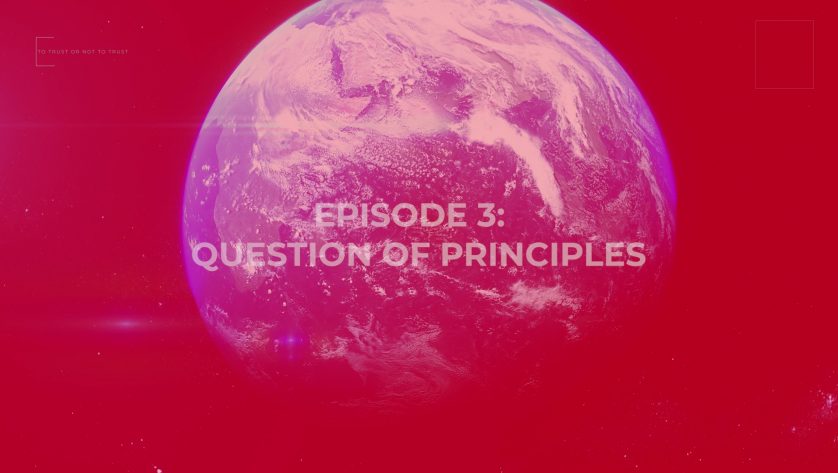What happens when machines can decide who to kill?
It’s the stuff of science fiction: machines that make decisions about who and when to kill. Referred to as “autonomous weapons”, they’re already in use to some degree. But as more sophisticated systems are being developed we wanted to an expert in the field about whether such systems comply with international humanitarian law and what it means for humanity to give machines the power over human life and death.
 Red Cross Red Crescent magazine
Red Cross Red Crescent magazine 









 Tech & Innovation
Tech & Innovation Climate Change
Climate Change Volunteers
Volunteers Health
Health Migration
Migration